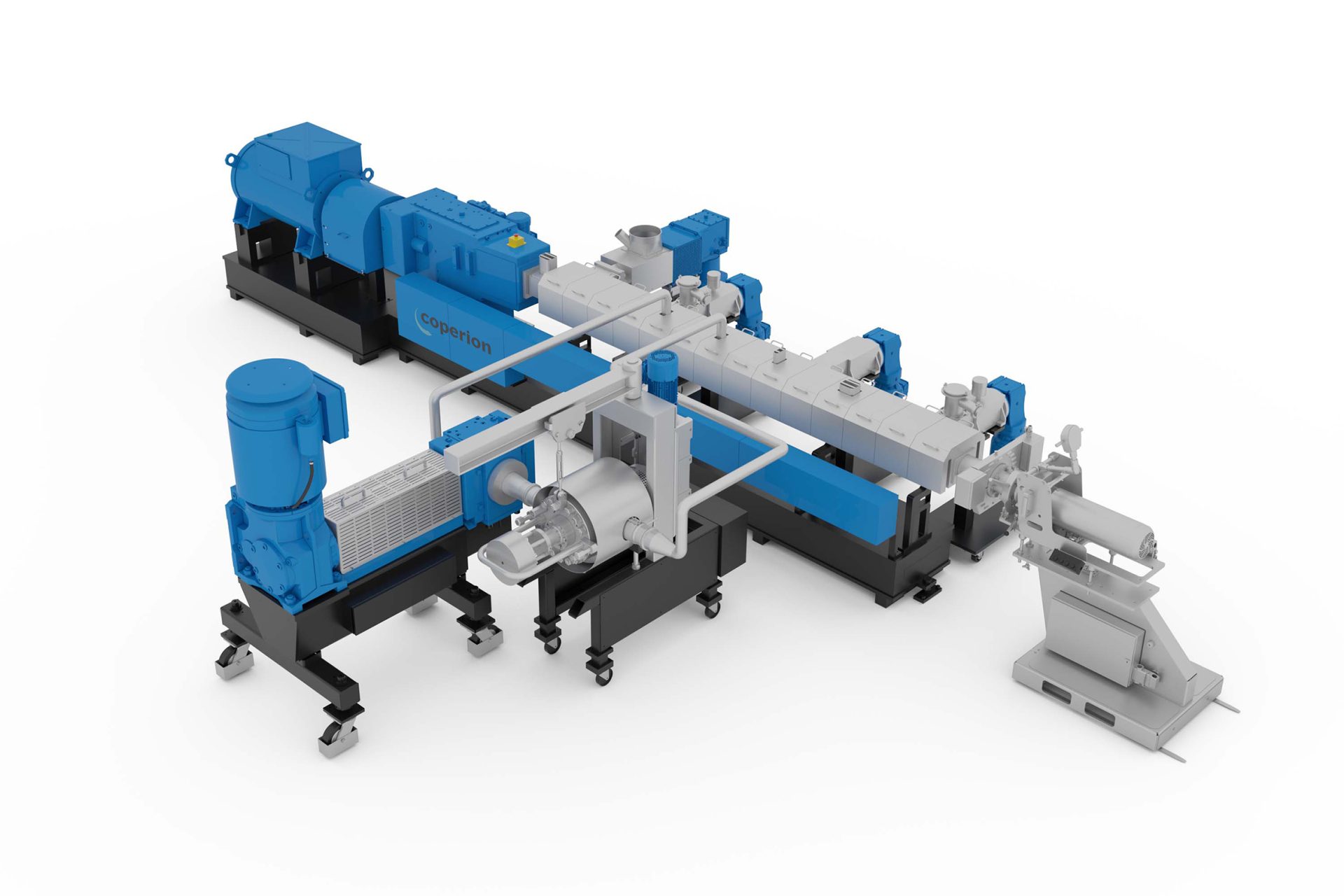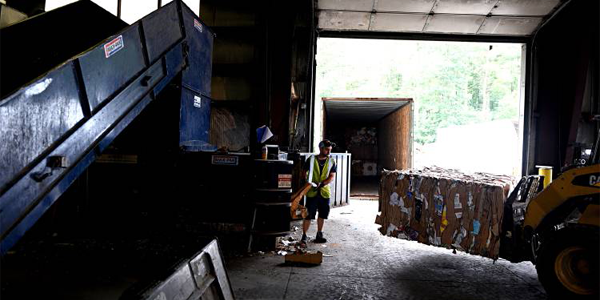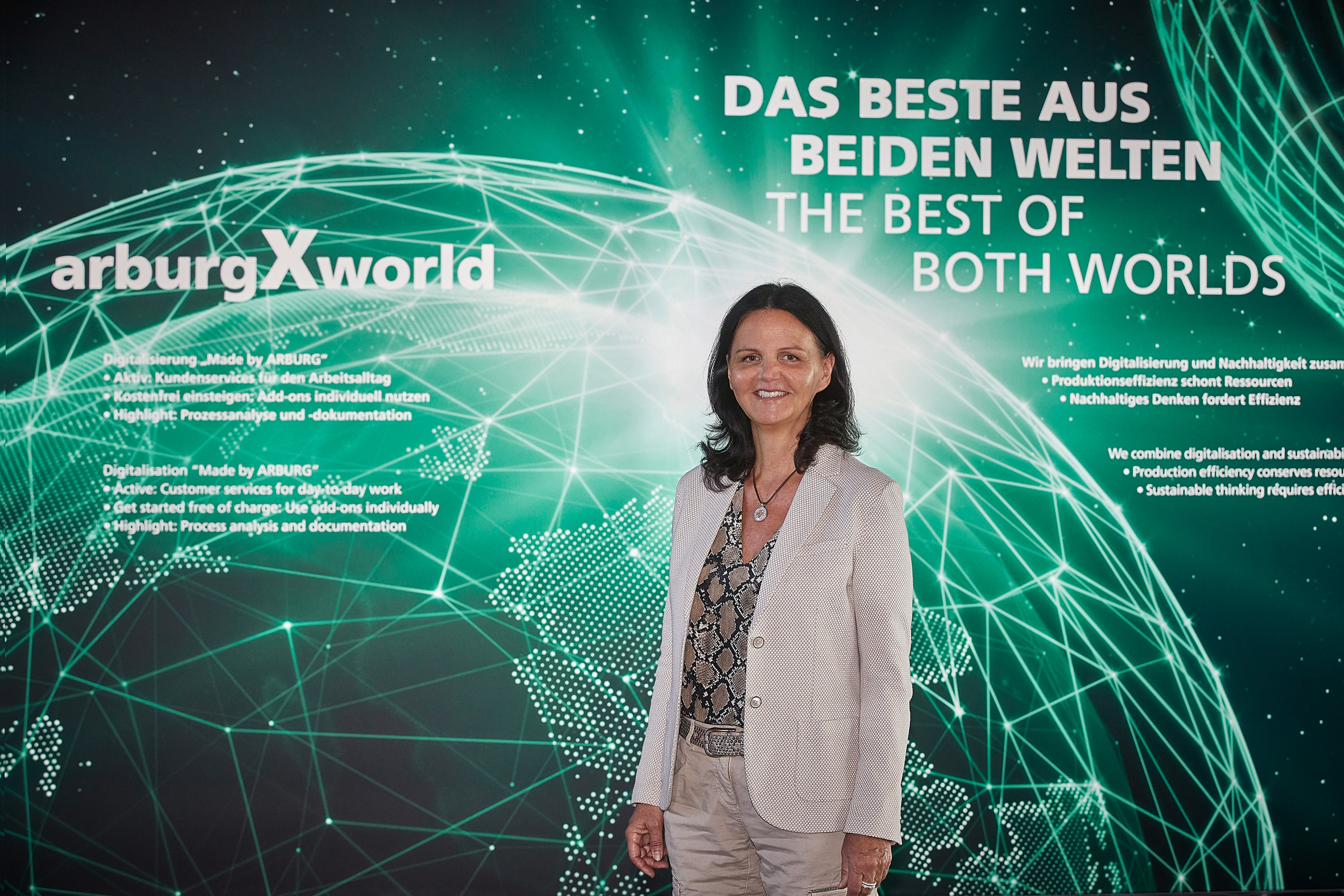Coperion has unveiled its latest contribution to optimised plastics recycling. The Germany-based machinery producer has developed a system that combines the filtering and compounding processes into a single step, thereby saving energy, reducing thermal stress on recyclate, and increasing quality.
With the new ZSK FilCo system, plastic waste is fed into a ZSK twin screw extruder, where it is melted, homogenized, and devolatilized. The melt is then fed through an integrated filter to remove all contaminants before it is fed back into the same ZSK extruder to be compounded with reinforcing materials or fillers into pellets.
Unlike the standard two-step process, where post-consumer recyclate (PCR) must first be melted and filtered for decontamination, and secondly fed into a separate screw extruder for melting and recompounding into pellets, the ZSK FilCo only needs to use energy for melting once. Coperion claims this leads to reductions in the energy consumption and emissions for the extrusion process of more than 50%.
The company also promises higher product quality, a much faster production process, and high-accuracy incorporation of additives through its K-Tron gravimetric feeders.
“The ZSK FilCo is one more result of our targeted efforts to optimize the recycling of plastics and to further increase the sustainability of the overall process,” said Marina Matta, team leader process technology recycling at Coperion. “The ZSK FilCo’s excellent energy economy and the high-end product quality that it achieves are important benefits that will once again make PCR and polymer recycling a bit more attractive for many companies.”
That is a welcome development, as the recycling industry has suffered with high energy prices and decreased competitiveness with virgin material in the past year.
Source: sustainableplastics.com







